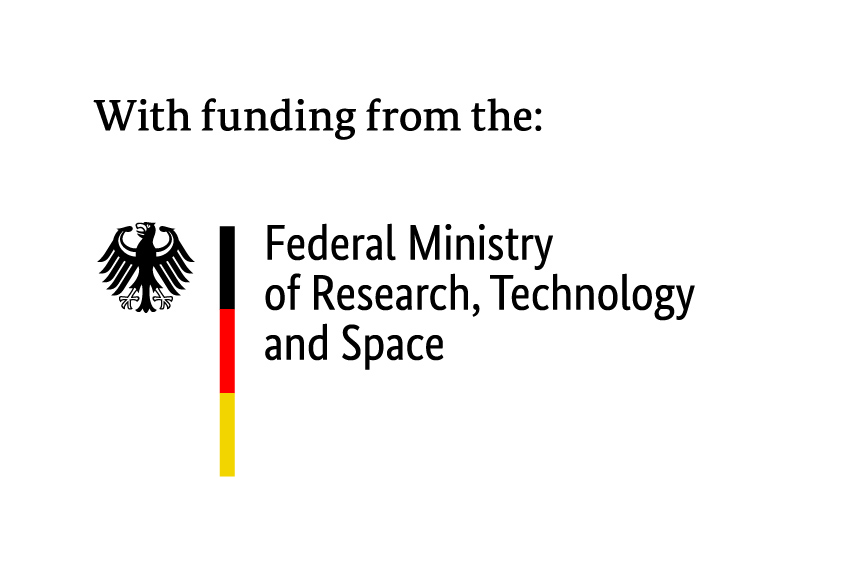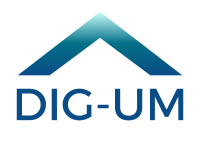Program Planning
2nd Workshop on Sustainability in the Digital Transformation of Basic Research on Universe & Matter (2025)
What happened so far:
- 2023: In-person Workshop: https://indico.desy.de/event/37480/
- 2024: Follow up paper and online meetings
- Publication: https://arxiv.org/abs/2311.01169 Last sustainability workshop paper: https://doi.org/10.1140/epjs/s11734-024-01436-4
- Online Discussion: https://indico.desy.de/event/44490/
- Online Discussion: https://indico.desy.de/event/45927/
- 2025: In-person Workshop: https://indico.desy.de/event/47133/
- 28 July - 1 August 2024
- (Erholungsgesellschaft) Aachen
Meeting documentation:
First Meeting with the Program Committee 19.02.2025
Participation: Jan Bürger, Markus Demleitner, Günter Duckeck, Martin Erdmann, Benjamin Fischer, Martin Gasthuber, Thomas Kuhr, Judith Reindl, Markus Schumacher, Judith Steinfeld, Dwayne Spiteri, Achim Streit, Angela Warkentin, Sebastian Wozniewski
Second Meeting with the Program Committee 11.03.2025
- Tuesday, March 11 from 4 - 5:30 pm: https://rwth.zoom-x.de/j/65088391540
Second Meeting with the Program Committee 11.03.2025
1. Regarding Goals
Goals (Up to discussion on March, 11) |
| Author / Contact (optional) |
| Definition | What exactly is meant by “sustainability” | Achim S., Judith R. |
| Track Progress / Review | What is the concrete progress since the last workshop, what worked, what not. | Thomas K, Judith R. |
Verbindung zwischen Review und Outlook (Connection/Linking) | Based on input from referees I think one topic is whether we should collect data to effectively represent progress | |
| A paper detailing how to combat the practicalities of tackling sustainability issues (in Germany) | ||
| Outlook & Concrete Recommendation for Action | What new ansatzes (approaches) exist, what should we try | Achim S. |
Konkrete Empfehlungen ans BMBF bzw. Projekte als einige white papers. (Concrete recommendations to the BMBF and projects in the form of white papers) | ||
Bildung von Fokusgruppen zur Umsetzung gefundener Leitlinien aus mehreren Projekten, über den Workshop hinaus. (z.B. Connect Workshop 2024) Formation of focus groups for the implementation of identified guidelines from multiple projects, beyond the workshop (e.g. Connect Workshop 2024) | ||
Prüfsteine für einen dritten Workshop, der die Umsetzung der Fokusgruppen überprüfen kann. Criteria for a third workshop that can assess the implementation of the focus groups. |
Goals:
- Last workshop was impulse, this should enable implementation by developing concrete action points.
- Focus is on implementation
- Do we need a paper? How can the results be optimally prepared?
- At the end, concrete measures should emerge and be recorded (e.g. white paper, without publication, but with the aim of disseminating the measures widely)
- Concrete assignments: Show on DPG, concrete “tasks” with responsible persons (to be reported, e.g. to Overview Board or next year in the workshop)
2. Regarding Contents
Topics (Up to discussion on March, 11) | What do we want to cover in terms of content? (Subgroups 2023: Footprint, Dynamic Energy Supply, Hardware Lifetime, Hardware & Algorithms, Smart Data, Cultural Change, Autonomization, Inquiries & Dynamics, Algorithms & Software, Machine Models, Injected Intelligence, Workflows & Stakeholders) | Author / Contact (optional) |
CO2 / Footprint with regards to hardware | How to handle CO2-budget of the production of the hardware (+1) | Achim Stahl, support by Markus Sch (may contact Öko Institut e.V.) |
| Ethical implications of Life Cycle analysis (where machines are made - where they end up) | ||
Operation of Data Centres / Use of Energy | Sustainable operation of compute and data centres | Markus Sch. |
| How can we integrate datacentres/experiments with their environments | ||
| What metrics are we use to decide how clean energy is/ optimal time for greenest use of energy | ||
| Von Stromerzeugenden und Netzbetreibern Input bekommen, was wir eigentlich tun sollen. BnetzAgentur beiholen? | (Raum1) | |
Sustainable Programming & Implications / User
| Sustainable programming is a topic frequently requested by the community. How can we drive this forward? | Angela Warkentin |
| Ethical question: if software gets more efficient by factor n will then e.g. simualtion run factor n more or will stop after initial goal reached? | Markus Schh. | |
| Wie managen mir die Wirkungen auf die Nutzenden, so dass diese mitgehen? Wie können wir für diese Motivation schaffen? | (Raum 1) | |
| Motivation & Ethics | Wie managen mir die Wirkungen auf die Nutzenden, so dass diese mitgehen? Wie können wir für diese Motivation schaffen? | |
| Introductions to Ethics and/in Sustainability | ||
| UN sustainability points and the impact to physics | ||
| Sustainability Communication: how to spread motivation among scientists | ||
| Politics & Stakeholder | Mit BMBF-Leuten darüber reden, wie wir unsere Erkenntnisse umgesetzt bekommen | (Raum 1) |
| Allgemeiner: Leitlinien für konkretes Handeln mit den Stakeholdern ausarbeiten. | (Raum 1) | |
| Umgang mit politischen Zwängen (“wir gehen nicht nach Polen, weil deren Strom so dreckig ist” bzw. die Zurückweisung so einer Erwägung aus politischen Gründen)? (Or: If we fund it here we also want to run it here and not in Norway, Iceland ,... ) | ||
| Political barriers to sustainability (local laws/regulations) | ||
| What does the BMBF expect? (Invite BMBF representative) | ||
| Teaching & Science | In view of abilities of Humans versus Machines (see table below): how will ErUM science change in future | Martin E. |
| Knowledge transfer, education, what concepts will stay to be important, what will be new | Judith Reindl, Martin E. | |
| Wie managen mir die Wirkungen auf die Nutzenden, so dass diese mitgehen? Wie können wir für diese Motivation schaffen? | ||
| Sustainability Communication: how to spread motivation among scientists |
3. Regarding Timetable
- What should the program consist of?
- Should we open the workshop for contributions (abstracts) or only include invited talks?
Ideas so far:
- Talks, discussion and interactive parts
- Interactive part: tutorial on sustainable programming
- Inspiration talks for fostering our creativity, followed by the possibility to discuss and exchange. Results of the discussion could then be presented in short talks
- Talks in the morning, paper-writing sessions in the afternoon.
- Different sessions have different sections to work on in Overleaf
- Paper writing / Results: One moderator per session, who is also responsible for detailed documentation
4. Regarding Invitations / Speaker
- Find & Invite Experts from Organisations (CERN, DESY, BMBF): Anwendungsorientierte (application-oriented) Talks
Topics |
| Author / Contact (optional) |
| General | International sustainability projects in science (WLCG, EU, …) | |
| Overview of ideas in SUSFECIT research network (proposal handed in 2024 ErumM Data call) | Markus Schumacher | |
| Tracking Progress | Paper presentation: "Quantifying imperfect cognition with realized information gain" | Torsten Ensslin (Confirmed Participation) |
| Know your footprint: status and next steps | KYF authors | |
CO2 / Footprint with regards to hardware | Full life cycle assessment of c02 footprint (production, cooling water, disposal) | could ask Öko-Institut e.V (Markus Sch,) or Matthias Wadenstein, WLCG |
Operation of Data Centres / Use of Energy | Ecology: How computing centres fit into the local surroundings
| |
| Sustainability implementation at major research facilities e.g. CERN, DESY (e.g. Serge Claudet, Cern energy management panel) | Guenter Duckeck | |
Sustainable Programming & Implications / User
| ||
| Motivation & Ethics | "Warum föderierte, standardsbasierte Infrastrukturen ethische Implikationen haben, sowohl was Vermeidung von Lock-in und ständiger Obszoleszenz betrifft als auch, was gleichen Zugang für alle, von Server- wie von Clientseite aus, angeht. (Abdeckung z.B. durch Markus Demleitner im Rahmen eines 10 Min Frühstückgesprächs möglich)" Why federated, standards-based infrastructures have ethical implications, both in terms of avoiding lock-in and constant obsolescence, as well as ensuring equal access for all, from both the server and client side. (Coverage, e.g., by Markus Demleitner in the context of a 10-minute breakfast discussion, is possible) | Markus Demleitner |
| Jan Bürger | |
| Invite someone from the Deutscher Ethikrat talking about assessment of technologies in the domain of “AI++” | Achim Streit, Martin Erdmann, Thomas Kuhr, Judith Reindl | |
| Politics & Stakeholder / Implementation | ||
| Teaching & Science | ||



